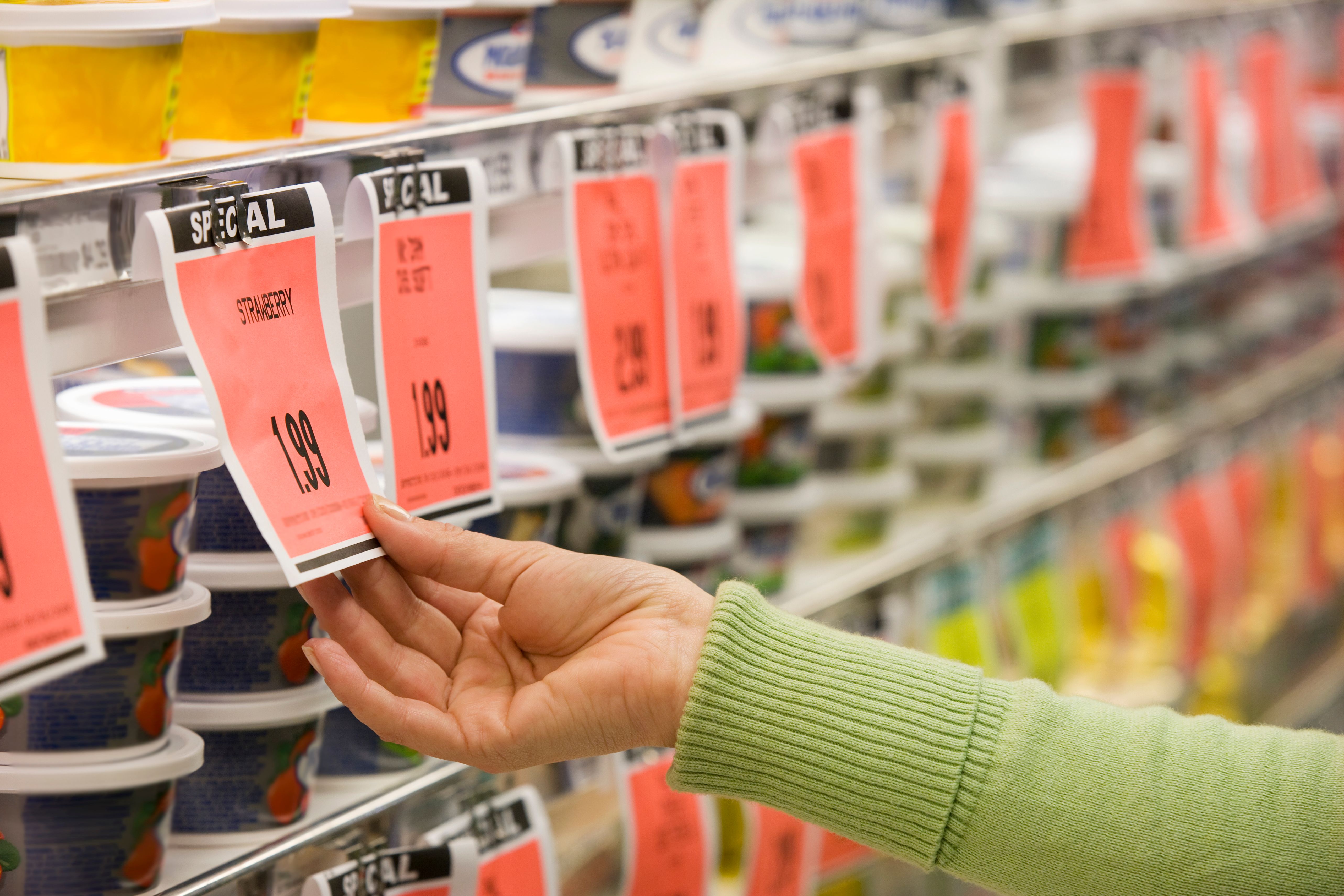The Importance of Price Tags and Labels in Inventory Management
The Role of Price Tags and Labels in Streamlining Inventory Management
In the realm of inventory management, maintaining an organized and efficient system is crucial for businesses aiming to maximize profitability and streamline operations. One often overlooked yet essential component of this system is the use of price tags and labels. They serve as more than mere identifiers; they are vital tools that enhance the accuracy and efficiency of inventory processes.
Price tags and labels play a pivotal role in ensuring that inventory items are easily identifiable. By providing clear and concise information, they enable staff to quickly locate items, assess stock levels, and make informed decisions. This simplification of the inventory process reduces the time spent searching for products and minimizes the risk of errors, ultimately leading to more efficient operations.

Enhancing Inventory Accuracy
Accurate inventory management is the backbone of any successful retail or wholesale operation. Price tags and labels contribute significantly to this accuracy by providing essential details such as product codes, descriptions, and prices. These elements are crucial for maintaining up-to-date records and ensuring that all items are accounted for during stock takes.
Moreover, the use of barcodes and QR codes on labels further enhances accuracy by integrating with digital inventory systems. This integration allows for real-time updates and seamless tracking, reducing the likelihood of human error. By scanning these codes, businesses can swiftly update inventory levels, leading to more precise stock management.
Facilitating Efficient Stock Control
Effective stock control is essential for preventing overstocking and stockouts, both of which can have negative financial implications. Price tags and labels aid in this process by making it easier to monitor stock levels and identify when reordering is necessary. This aids in maintaining optimal stock levels, ensuring that customer demand is met without excessive inventory holding costs.

Furthermore, well-organized labels can assist in categorizing products based on various criteria such as size, color, or type. This categorization simplifies stock assessment and enables businesses to implement strategic inventory practices, such as just-in-time ordering or seasonal stocking.
Improving Customer Experience
Beyond internal operations, price tags and labels also play a significant role in enhancing the customer experience. Clear, accurate labeling provides customers with essential product information, facilitating informed purchasing decisions. This transparency fosters trust and confidence in the brand, potentially leading to increased sales and customer loyalty.
Additionally, labels that include promotional information, discounts, or special offers can attract customers' attention and encourage impulse purchases. By strategically using labels to highlight these deals, businesses can boost sales and enhance overall customer satisfaction.

Conclusion
In conclusion, price tags and labels are indispensable tools in the arsenal of effective inventory management. By enhancing accuracy, facilitating stock control, and improving customer experience, they play a critical role in the success of any retail or wholesale operation. Businesses that invest in well-designed labeling systems are better positioned to optimize their inventory processes, reduce costs, and ultimately achieve greater profitability.
Commercial Kitchen Marketplace
Your one-stop online destination for equipping professional kitchens. Discover a wide selection of durable, high-quality commercial-grade appliances, from heavy-duty ovens and refrigeration units to efficient food preparation tools and essential kitchenware. Visit our store: http://avice.org
